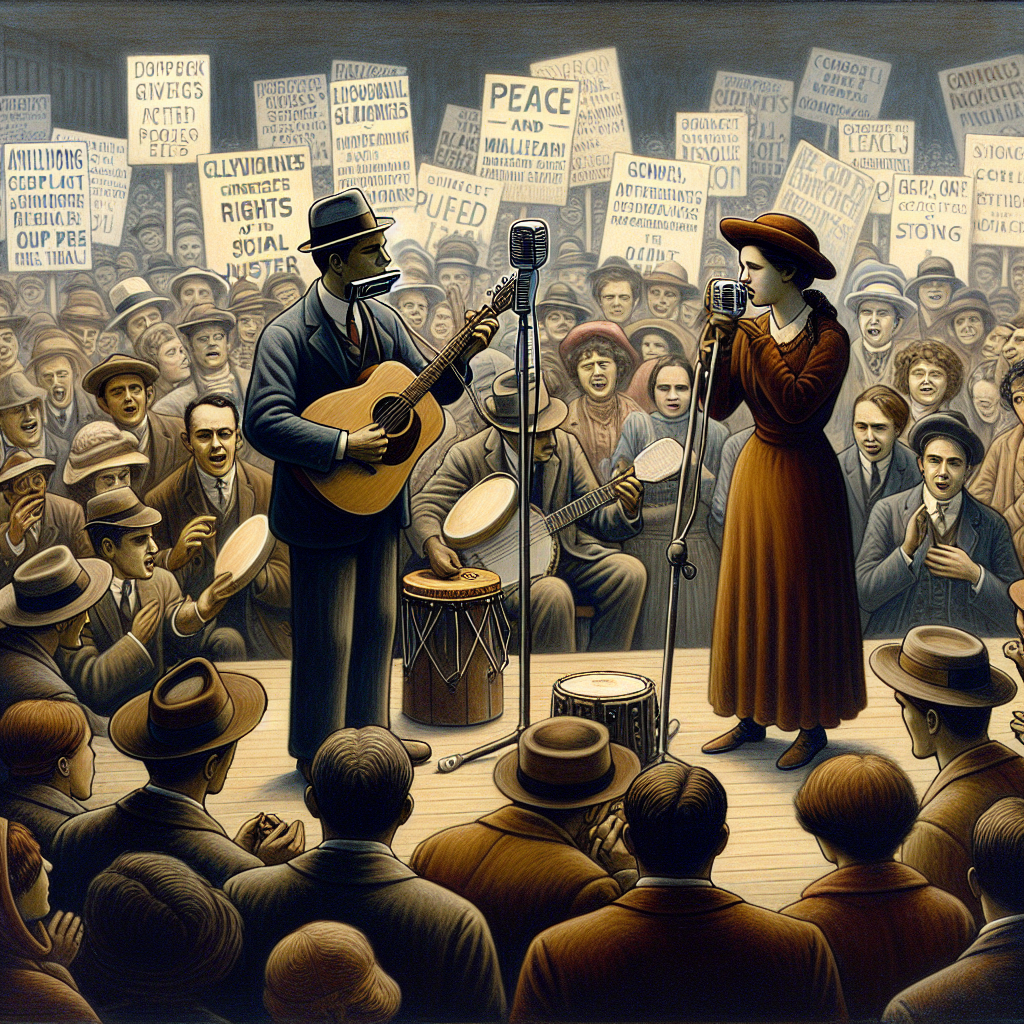During the 1960s, folk music played a crucial role in the protest movement against social injustices. Artists like Bob Dylan and Joan Baez used their music as a powerful tool to speak out against political corruption, racism, and war.
Music has always been a reflection of culture and society, and during this turbulent time in history, musicians were able to channel the frustrations and hopes of the people through their songs. Folk music, with its roots in storytelling and tradition, provided a platform for artists to express their views on pressing issues.
Politicians may have been hesitant to address these controversial topics, but musicians had the freedom to use their art to challenge the status quo. Songs like “Blowin’ in the Wind” by Bob Dylan and “We Shall Overcome” by Joan Baez became anthems for civil rights activists and anti-war protestors.
Not only did folk music provide a voice for the marginalized and oppressed, but it also influenced other aspects of culture during this time. Fashion trends shifted towards more casual and bohemian styles, mirroring the laid-back aesthetic of folk musicians. Technology also played a role in spreading these messages, as radio stations and record labels helped amplify the voices of these artists.
The impact of folk music on the protest movement of the 1960s cannot be understated. It brought people together, inspired change, and challenged authority in ways that traditional forms of activism could not. The legacy of artists like Bob Dylan and Joan Baez continues to inspire future generations to use their art as a tool for social change.


Get involved!
Comments